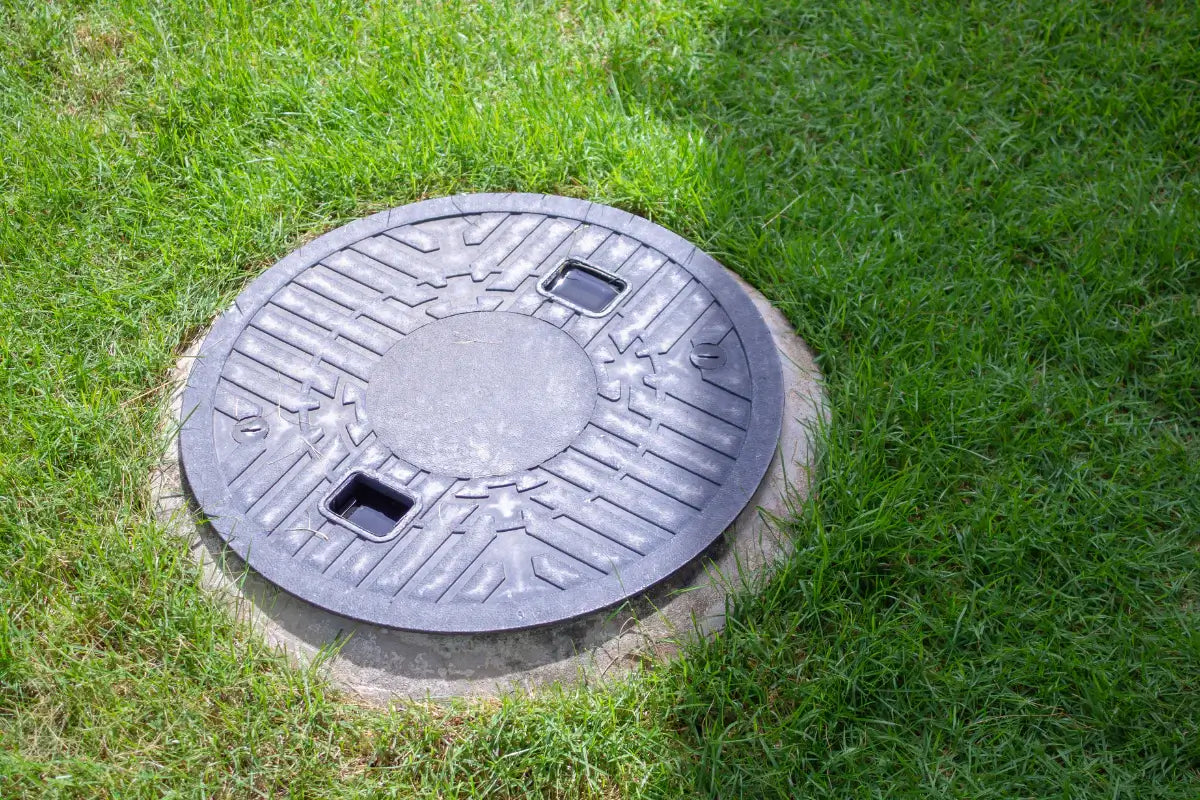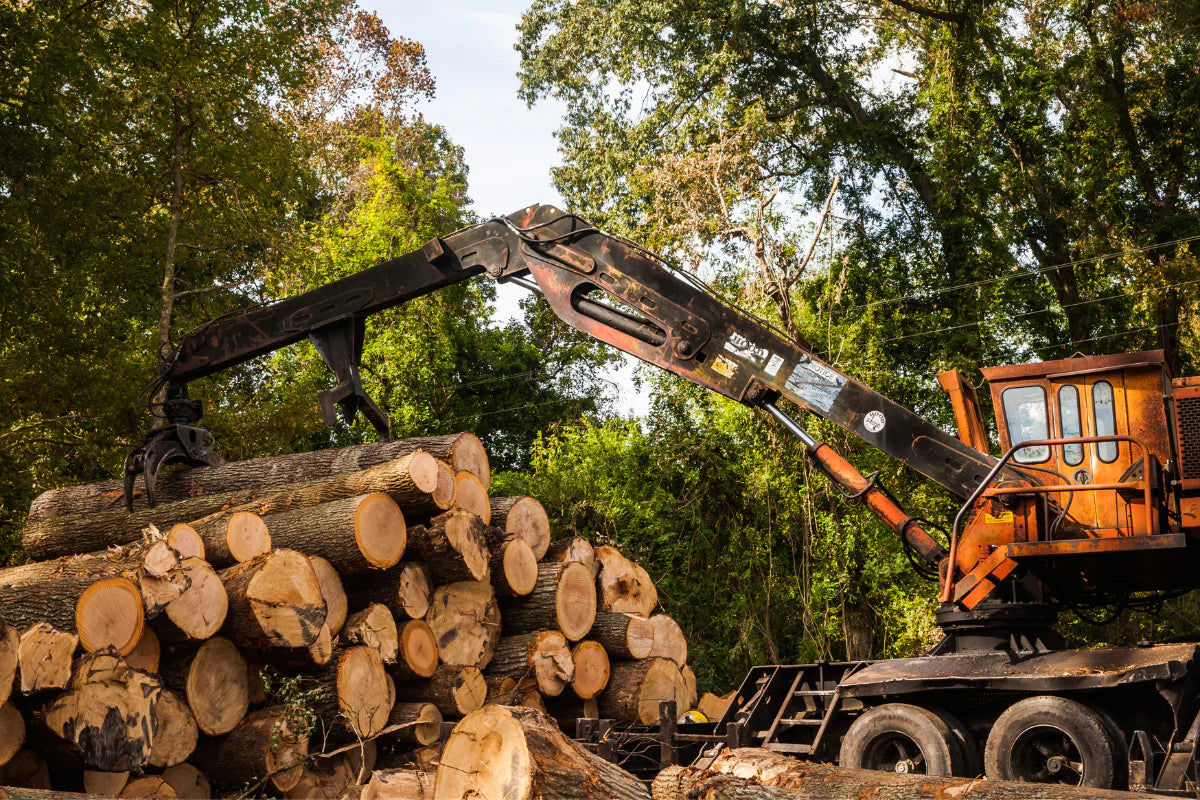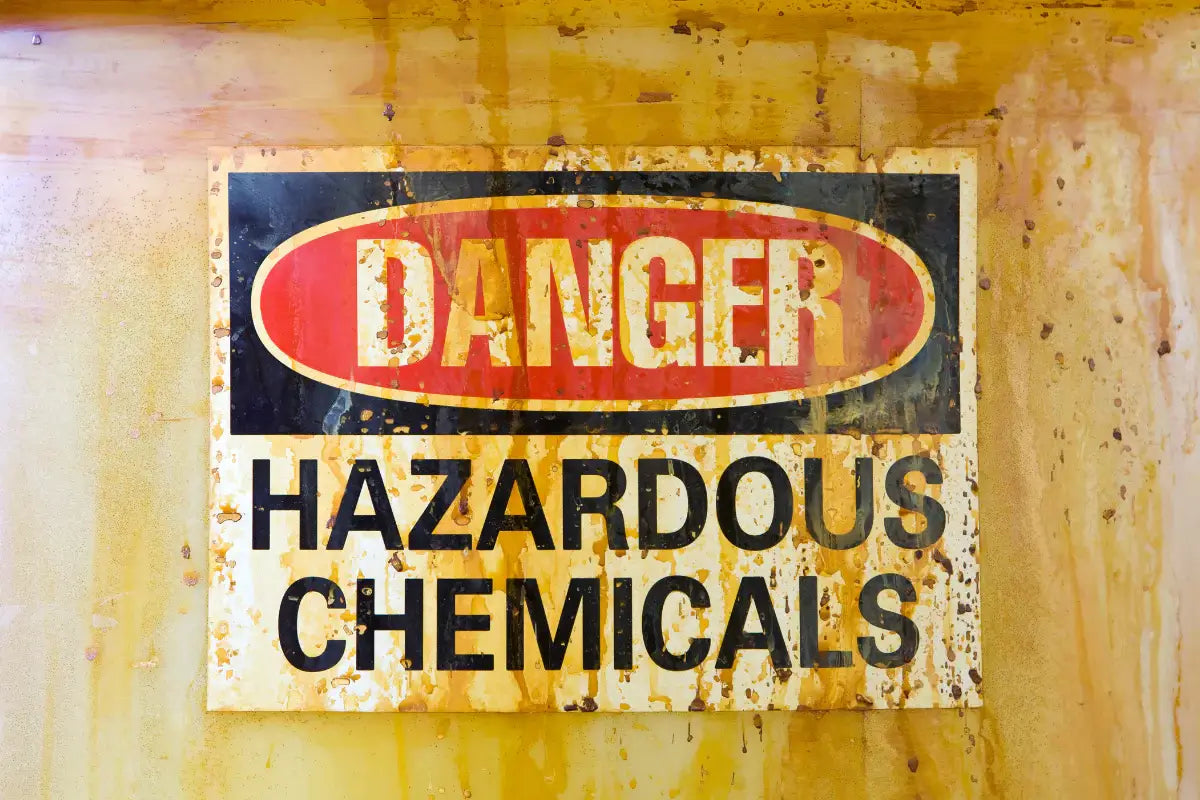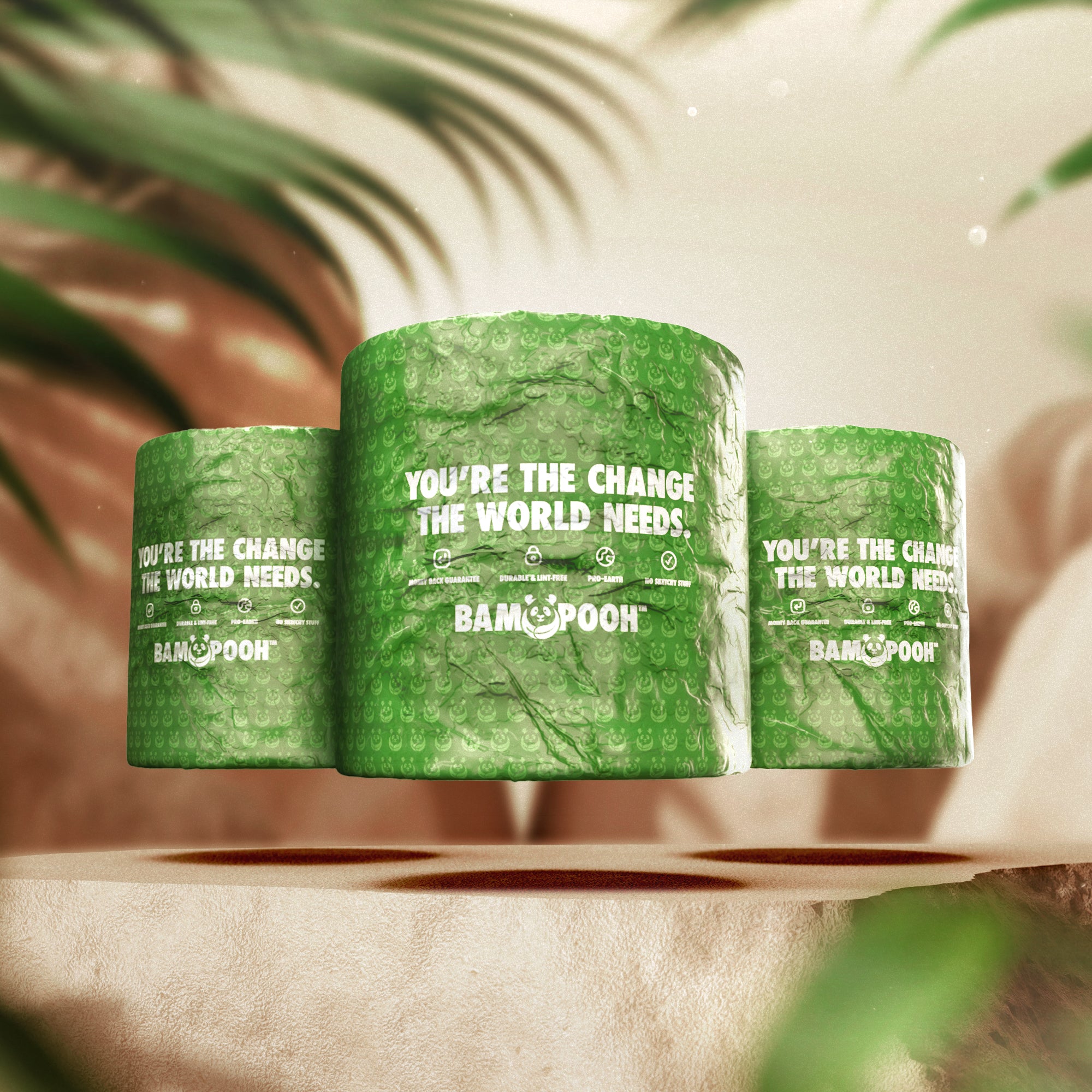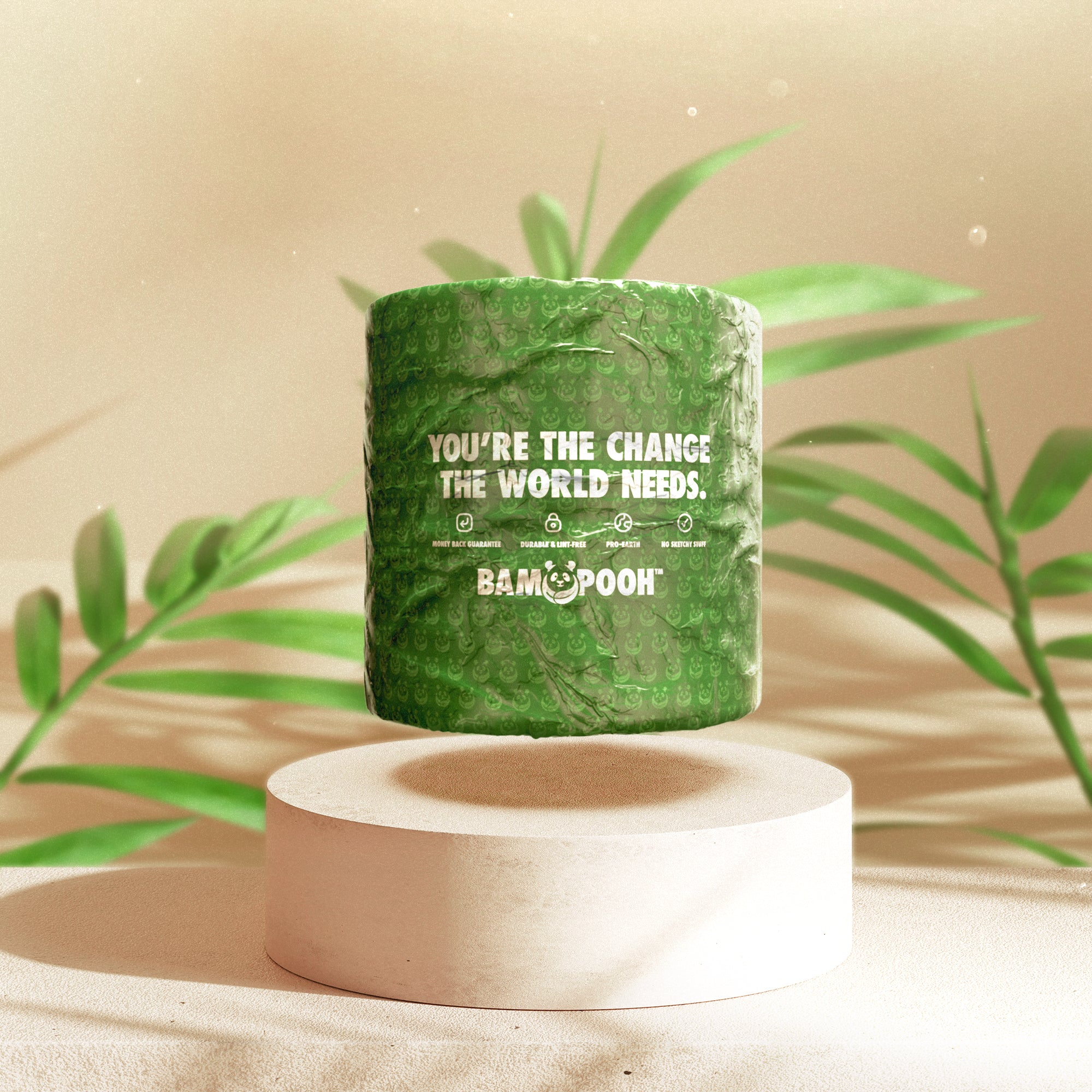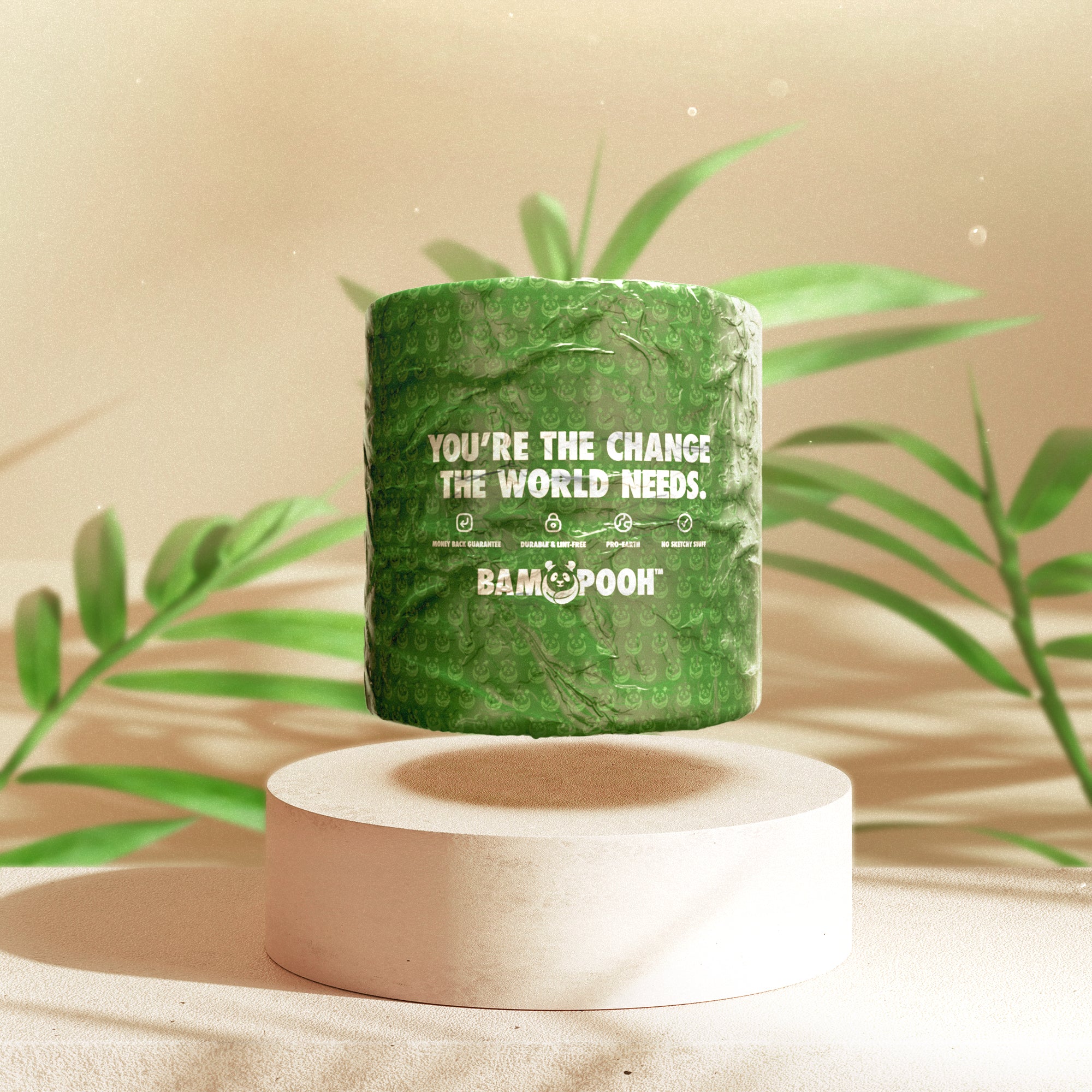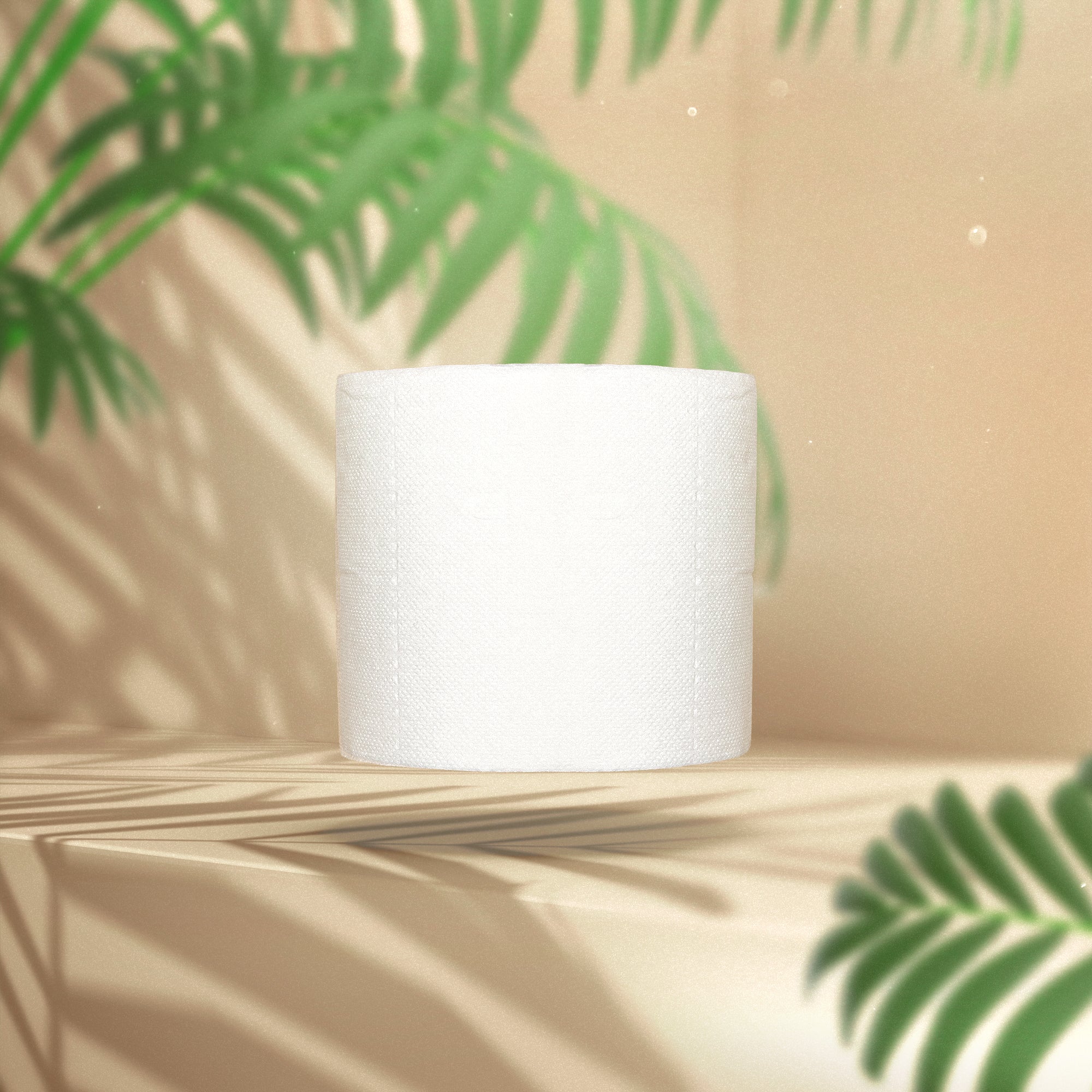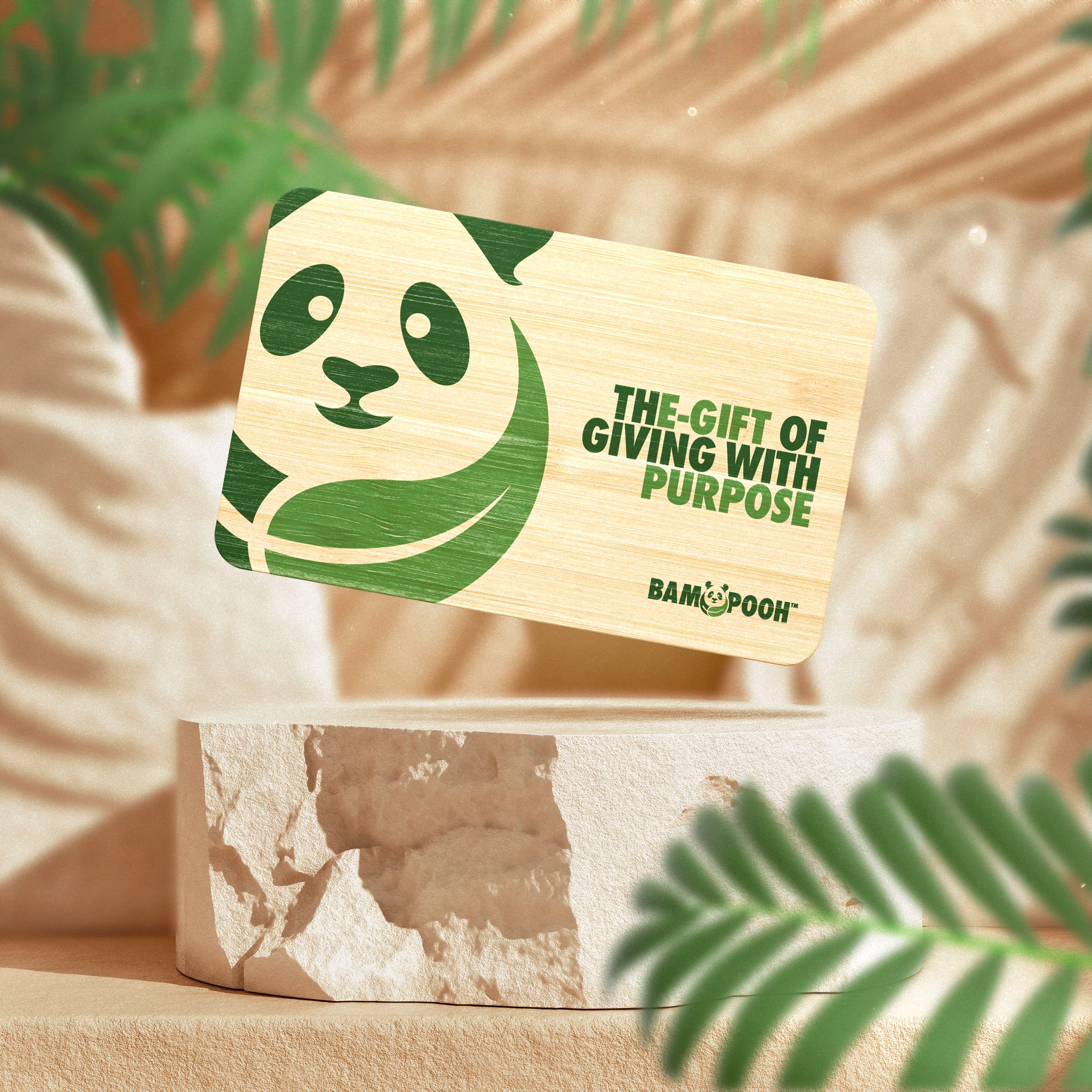When it comes to choosing the right toilet paper, comfort and softness often top the list of considerations. But there's another crucial factor many of us might overlook - the impact on our septic systems. As more households and facilities use septic tanks, the importance of choosing septic-safe toilet paper is growing. An excellent option to consider? Bamboo toilet paper.
Understanding Septic Tanks
Septic tanks are underground wastewater treatment structures. They use natural processes to treat sewage from bathrooms, kitchen drains, and laundry for homes not connected to a municipal sewer system. While septic systems are designed to handle human waste, they aren't built to handle all types of toilet paper.
Some types of toilet paper don't break down easily, leading to potential blockages and other problems in your septic tank. Toilet paper that doesn't dissolve quickly can accumulate and eventually lead to a septic system failure, which can be both costly and unpleasant to fix.
Why Bamboo Toilet Paper is Septic-Safe
Bamboo toilet paper has unique properties that make it safe for septic tanks. Unlike some other types of toilet paper, bamboo toilet paper dissolves quickly, reducing the risk of clogging or other complications.
The quick dissolution can be attributed to the shorter fibers found in bamboo compared to wood pulp. These short fibers allow the paper to break down more rapidly, making it much less likely to cause problems in your septic system.
Comparisons with Other Toilet Paper Types
Every toilet paper type has its own set of characteristics that determine how it interacts with septic systems. Traditional, tree-based toilet paper comes in a variety of styles and thicknesses, from single-ply to ultra-plush multi-ply varieties.
The plush, luxurious toilet papers, while offering a high level of comfort, are often thick and take longer to dissolve in water. This slow breakdown process can lead to clumps forming in the septic system, resulting in blockages and other unpleasant issues. This problem is exacerbated in systems with low water flow or in households that use large amounts of toilet paper.
On the other hand, single-ply toilet paper, typically less comfortable and robust, breaks down more quickly when flushed. Its thinner construction allows it to dissolve in water faster, making it a more septic-safe option than its thicker counterparts. But the trade-off is comfort and sometimes, effectiveness, leading to usage of more sheets per wipe, which can paradoxically increase the load on the septic system.
The Septic-Safe Advantage of Bamboo Toilet Paper
Now, let's introduce bamboo toilet paper to this equation. Despite being able to offer a soft, sturdy multi-ply experience akin to premium traditional toilet papers, bamboo toilet paper boasts a fast dissolution rate. The secret lies in bamboo's short fibers.
Compared to wood pulp, bamboo fibers are significantly shorter. This property allows bamboo toilet paper to break down more quickly when in contact with water. As a result, even with its plush feel and efficient cleaning capacity, bamboo toilet paper is less likely to cause blockages or overtax your septic system. It provides an efficient, comfortable clean while ensuring your septic system runs smoothly.
Environmental and Health Advantages of Bamboo Toilet Paper
While septic safety is a significant benefit of bamboo toilet paper, its advantages extend far beyond that. Choosing bamboo toilet paper over traditional variants has both environmental and personal health benefits.
Environmentally speaking, bamboo is a powerhouse. This fast-growing grass matures in just three to five years, significantly faster than traditional trees used for toilet paper, which can take up to 30 years to reach maturity. Also, bamboo doesn't require re-planting after harvesting - it grows back from its roots, further aiding in resource conservation.
In terms of carbon sequestration, bamboo plantations outperform traditional forests, absorbing high amounts of carbon dioxide, a major greenhouse gas, and releasing oxygen back into the atmosphere. Also, the production of bamboo toilet paper uses less water and fewer harsh chemicals than the production of traditional toilet paper, contributing less to water pollution and deforestation.
From a health perspective, bamboo toilet paper is a winner as well. It's naturally hypoallergenic, meaning it's less likely to cause allergic reactions. Bamboo toilet paper is free from chlorine bleach - a common chemical used in the manufacturing of traditional toilet paper that can cause irritation and other health issues.
Conclusion: Is Bamboo Toilet Paper a Good Choice?
Choosing bamboo toilet paper is about much more than just preventing potential issues in your septic system. It's about making a choice that benefits the environment and aligns with a more sustainable, conscientious lifestyle. It's about selecting a product that's gentle on your skin and free from harmful chemicals.
In terms of septic safety, bamboo toilet paper is undeniably a sound choice. Its quick dissolution time ensures it won't contribute to blockages or other complications within your septic system. Beyond that, choosing bamboo toilet paper is a step towards promoting sustainable practices, protecting our forests, and reducing our environmental impact.
So, next time you're in the market for toilet paper, consider reaching for bamboo. It's a choice that your septic system, your skin, and your planet will thank you for.


